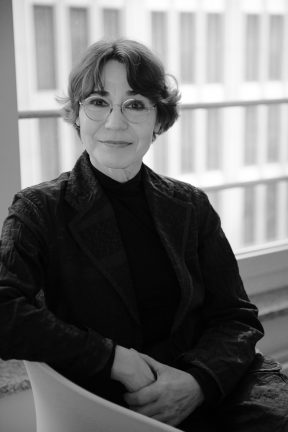Brave new world in ruins (2)
The willing executors
In the early days of digital media, the pioneers marketed themselves as the saviors of a world without borders. Today, they are proving to be the willing gravediggers of freedom, democracy and science. Whether Elon Musk, Mark Zuckerberg, Jeff Bezos, Tim Cook or Sundar Pichai. They have all mutated into Trump's turncoats on their platforms and in their companies. They are willingly going against the values that they were still espousing yesterday because they were opportune.
When asked how dangerous Elon Musk has become, media scientist Bernhard Pörsken replied in an interview with the Tagesspiegel: "In the interweaving of economic, political and digital power, he is the symbolic figure of a new era, a shadow president and Trump whisperer, a journalism despiser and right-wing libertarian who is trying massively to influence elections." Musk's non-recognition of any boundaries, be they economic, ecological or moral, probably also drives him to preferentially push his disinformation postings into the timeline of his platform with over 200 million X-followers.
Ghandi's words inevitably come to mind: "The world has enough for the needs of the many. But the world does not have enough for the greed of the few."
What remains when the horizon only seems to darken? Overwhelmed by apocalyptic news, it is not only our hope and confidence that wither. Increasingly, the strength from which we draw positive ideas about our future is dwindling, whether as a society, as a company or as individuals.
There are no more exciting and inspiring moments than developing visions for a positive future together. Companies convey their future viability and innovative strength through their image and brands. In order to inspire employees for a common path into the future, a shared idea of where the company wants to develop is needed. People need stories and ideas to carry them into the future, to develop paths to a tomorrow in which we are not victims but creators. So what stops us from doing what ultimately gives us freedom to act and make decisions, what gives us a sense of purpose and confidence?
Robert Shiller, economist and Nobel Prize winner, surprised the world of economists with the realization that numbers, facts and rational considerations have far less influence on our decisions and that traditional economics, which sees people as rational optimizers, is proving to be a big mistake. "By the term narrative economics, I mean the exploration of popular narratives that spread like a contagious disease. I call them economic narratives. They alone influence the economic decisions people make, how they explain the world to themselves, what is important to them and where they see dangers - in other words, their entire way of thinking."
Similar to the question of which future we want to live in, it is therefore important to understand which narratives we unconsciously hold on to while there is still time to decide for or against a development. Virgil's warning, "fugit inreparabile tempus", that "time is irretrievably fleeing", applies more than ever. If we continue to cling to all the destructive narratives and beliefs and fail to recognize that denial, looking away and billions of fake news stories are leading us deeper and deeper astray, the window of opportunity for action is closing.
This article is part of a series of reviews.

